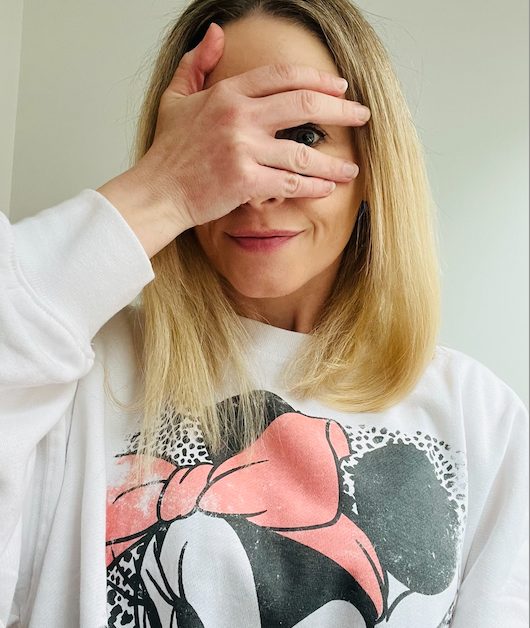

The Underrepresentation of Women in Top Roles
I recently took part in an interview on my thoughts as a female founder on the underrepresentation of women in top roles. I've got some ideas on why we still don't see enough women in top leadership positions. It's frustrating, but here are a few reasons that come to mind:
First off, there's the whole gender bias that's been around forever. Society still has these outdated stereotypes and biases that say women are better suited for certain roles, while undervaluing their abilities to lead. It's like we're fighting against this invisible force that keeps holding us back.
Another issue is the lack of opportunities. Women often face hurdles when it comes to career advancement. Biased hiring practices, limited access to mentorship and sponsorship, and a smaller presence in professional networks make it tougher for us to climb the ladder.
Then there's the work-life balance struggle. Many women still bear the brunt of caregiving and household responsibilities, which can make it hard to fully commit to demanding leadership roles. If mums don't have affordable childcare options or flexible work arrangements, it feels like they're constantly juggling and sacrificing one thing for the other.
And let's not forget about confidence. Society has been telling us for ages that we're not as good as men in certain areas, and it's easy to internalise those messages. Sometimes we doubt our own abilities and qualifications, which can hold us back from pursuing leadership positions or even applying for promotions.
So, what can we do to change this?
First, it's crucial for organisations to prioritise equal opportunities. That means implementing fair recruitment and promotion practices, diversifying candidate pools, and actively fighting against gender bias in decision-making.
We also need more mentorship and sponsorship programs. Having someone in our corner who can guide and advocate for us is essential. It helps us build the skills, knowledge, and networks necessary to succeed in leadership roles.
Flexible work arrangements are a game-changer. Let's face it, life can get messy sometimes, and having the option to work remotely, choose flexible hours, or share job responsibilities makes a huge difference. It allows us to balance work and personal life without feeling like we're constantly on the verge of burnout.
And here's a big one: let's empower ourselves and each other. Women-focused leadership training programs and networking events can boost our confidence and equip us with the tools we need to thrive. Plus, celebrating the achievements of female role models can inspire other women to dream big and aim for those top positions.
Last but not least, accountability matters. Companies should set measurable goals for gender diversity and track their progress. It's about transparency and making sure that leaders are held responsible for creating an inclusive work environment.
Changing the status quo won't happen overnight. It's going to take a collective effort from businesses, government, educational institutions, and individuals like you and me. But if we tackle these issues head-on, we can create a more equitable and inclusive landscape where talented women can shine in leadership roles.
Tags: